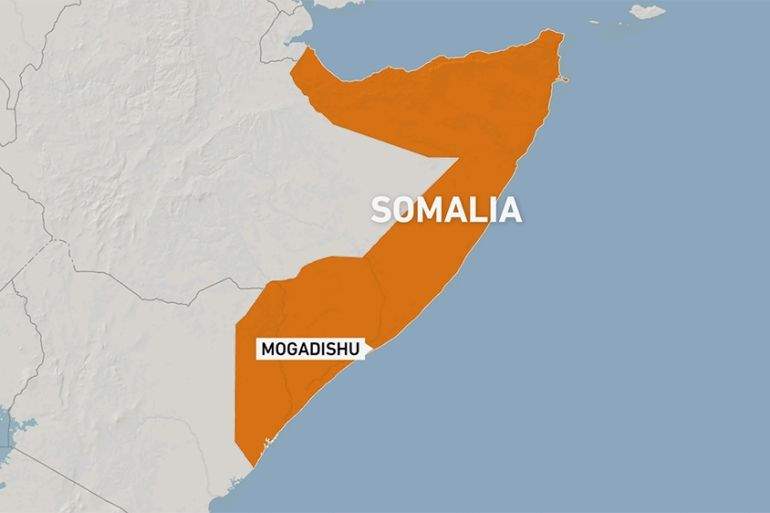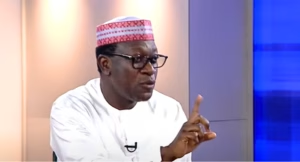Deadly Ambush in Somalia: Militiamen Seize Heavy Weapons, Killing at Least Five
In the latest development in Somalia’s tumultuous region, at least five people were killed in an ambush by militiamen, who seized heavy weapons from a convoy escorting government forces in central Somalia. The incident occurred on Monday, when a convoy was traveling near the town of Abudwaq with a security escort when militiamen from a local clan attacked and overpowered security forces, according to four residents who spoke to Reuters.
The seized arms included machine guns, anti-aircraft weapons, and rocket-propelled grenades, which originated in neighboring Ethiopia. This event comes just seven months after the decades-long arms embargo on Somalia was lifted by the UN Security Council.
The ambush has sparked concerns over the proliferation of weapons in the region and the potential for further violence. Ahmed Shire, a security adviser to the president of Galmudug State, where Abudwaq is located, lamented the loss of life, stating that five people died from both sides "over weapons." Shire added that the weapons had fallen into the hands of civilians.
Rashid Abdi, an analyst with the Sahan Research think-tank, described the incident as the "single most serious incident of arms proliferation in central Somalia." He warned that some of the weapons could be bought by al Shabaab, an al Qaeda affiliate, exacerbating the country’s security challenges.
The country has been battling an insurgency led by al Shabaab for nearly two decades. The African Union peacekeepers are gradually withdrawing their presence to hand over responsibility to Somali forces. However, the AU and Mogadishu governments have warned of a potential security vacuum if the withdrawal occurs too quickly.
The militiamen involved in the ambush have a history of fighting alongside government forces against al Shabaab, but have also turned their weapons on each other in disputes over land and resources.
The lifting of the arms embargo has raised concerns among regional experts, with some analysts arguing that it was a "big strategic mistake." The Somali government, on the other hand, has said the move would allow it to confront security threats and build up its national forces.
As tensions in the region continue to simmer, concerns over the proliferation of weapons and the potential for further violence remain high.



![BBNaija Season 10: Jason Jae, Sultana caught in intimate moment [VIDEO]](https://mediatalkafrica.com/wp-content/uploads/2025/09/Big-Brother-Naija-Sultana-and-Jason-caught-intimate-300x169-jpg.avif)

